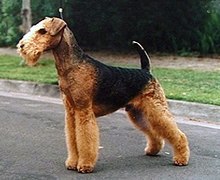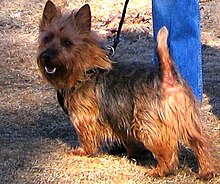
The Yorkshire Terrier, commonly referred to as the “Yorkie,” is a petite and elegant toy breed renowned for its fine, silky coat and vivacious personality. Originally bred in England’s Yorkshire region to catch rats in mills, their diminutive size belies their bold and often spirited demeanor. With their dark, expressive eyes and a coat that can be styled in various ways, Yorkies have become a symbol of sophistication and have been favored by many as urban companions. Despite their small stature, they possess a large character, often showing bravery, loyalty, and a touch of sass, making them a beloved pet among enthusiasts and families alike.
The Yorkshire Terrier is a member of the AKC Toy Group.
Breed Characteristics
| Dog Breed | Yorkshire Terrier |
| Breed Popularity (AKC) | 13 |
| Country of Origin | England |
| Personality | Intelligent, energetic, playful, good-natured |
| Life Expectancy | 11-15 yrs |
| Height | 7-8 in |
| Weight | 7-7 lbs |
| Color | Blue & Tan |
| Coat | Long, silky |
| Shedding | Infrequent |
| Grooming | Specialty/Professional |
| Health Problems | Dental problems, eye issues, skin allergies |
| Trainability | May be Stubborn |
| Exercise Needs | Regular Exercise |
Yorkshire Terrier History
Originating in the mid-19th century in England, the Yorkshire Terrier was developed from several British terriers, including the Skye Terrier and the Manchester Terrier. Initially bred to catch rats in mines and to hunt foxes, its small size and elegant appearance soon made it a favorite among English elites.
Temperament
Yorkshire Terriers, fondly known as ‘Yorkies’, are small in size but big in personality. Their intelligence combined with their spirited nature can sometimes make them a bit stubborn during training. They are affectionate and crave human attention, but can also display a moderate protective streak, especially towards larger dogs or strangers. Socialization is crucial for them to become well-rounded pets. Their energy level is moderate, and they are known for their long, silky coats. Yorkies have a propensity to bark, especially when they want attention or sense something amiss.
Remember, while breed traits provide a general idea, individual dogs can have personalities that differ from the breed standard. Always spend time getting to know the dog and ensure their needs and temperament align with your lifestyle.
Grooming Requirements
Yorkshire Terriers have long, silky fur that can easily become matted if not regularly brushed. Many owners opt for a “puppy cut” to reduce the grooming needs, but regular brushing is still essential. Bathing should be done every few weeks with a gentle dog shampoo to maintain the coat’s luster. Regular nail trimming and ear checks are a must for this breed.
Yorkshire Terrier Health
Yorkshire Terriers, with a lifespan of 13-16 years, require timely vaccinations. Due to their small size, they can face issues like luxating patella. Their long coat can sometimes cause skin allergies or irritations. Regular dental care is vital as they are prone to dental issues. A diet with nutrient-rich dog food is essential, and treats should be given in moderation.
Exercise Needs
Though small, Yorkshire Terriers have a spirited disposition. They enjoy daily walks and playful bonding sessions with their owners. While they might enjoy a game of fetch indoors or in a yard, visits to the dog park can provide both socialization and playtime opportunities. However, given their size, exercise should be moderate to prevent overexertion.
Training
Yorkshire Terriers, though petite, come with a big personality. Obedience training can help channel their lively energy constructively. Using positive reinforcement with commands can make potty training a breeze. Crate training provides a cozy environment for this toy breed. Behavior problems, usually stemming from their territorial nature, can be mitigated through consistent training. Regular socialization ensures they remain amiable and not overly possessive.
Yorkshire Terrier Pictures
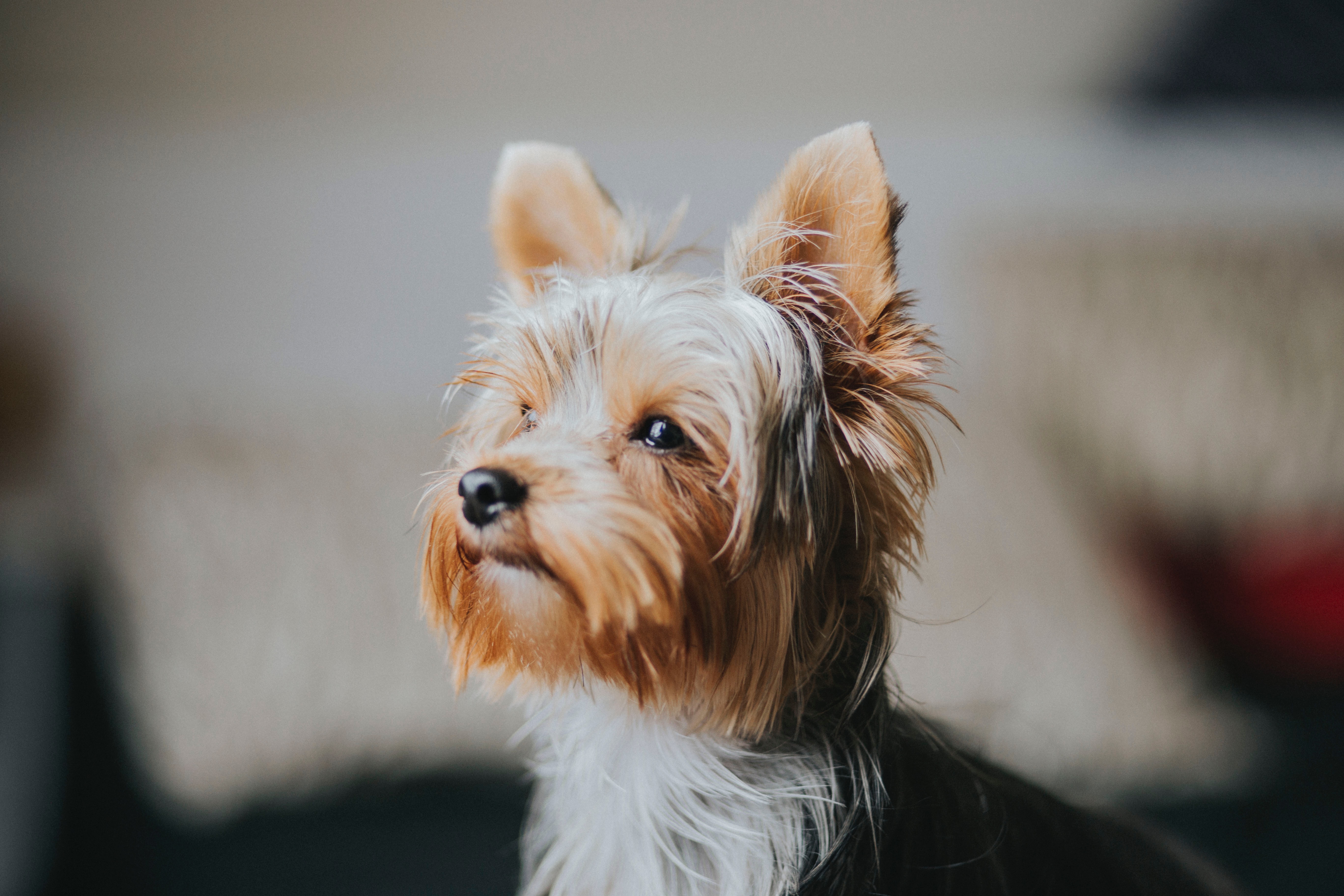
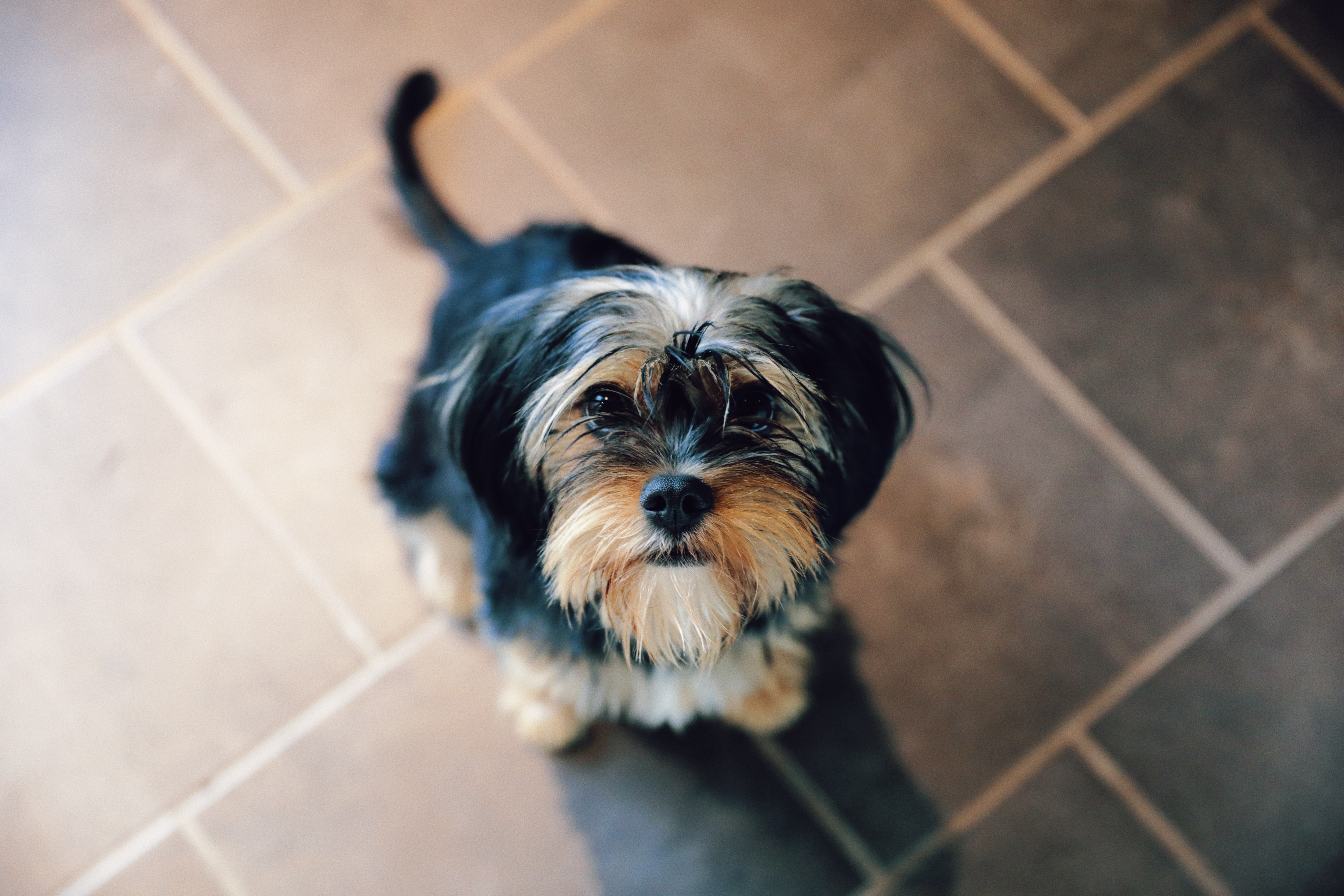
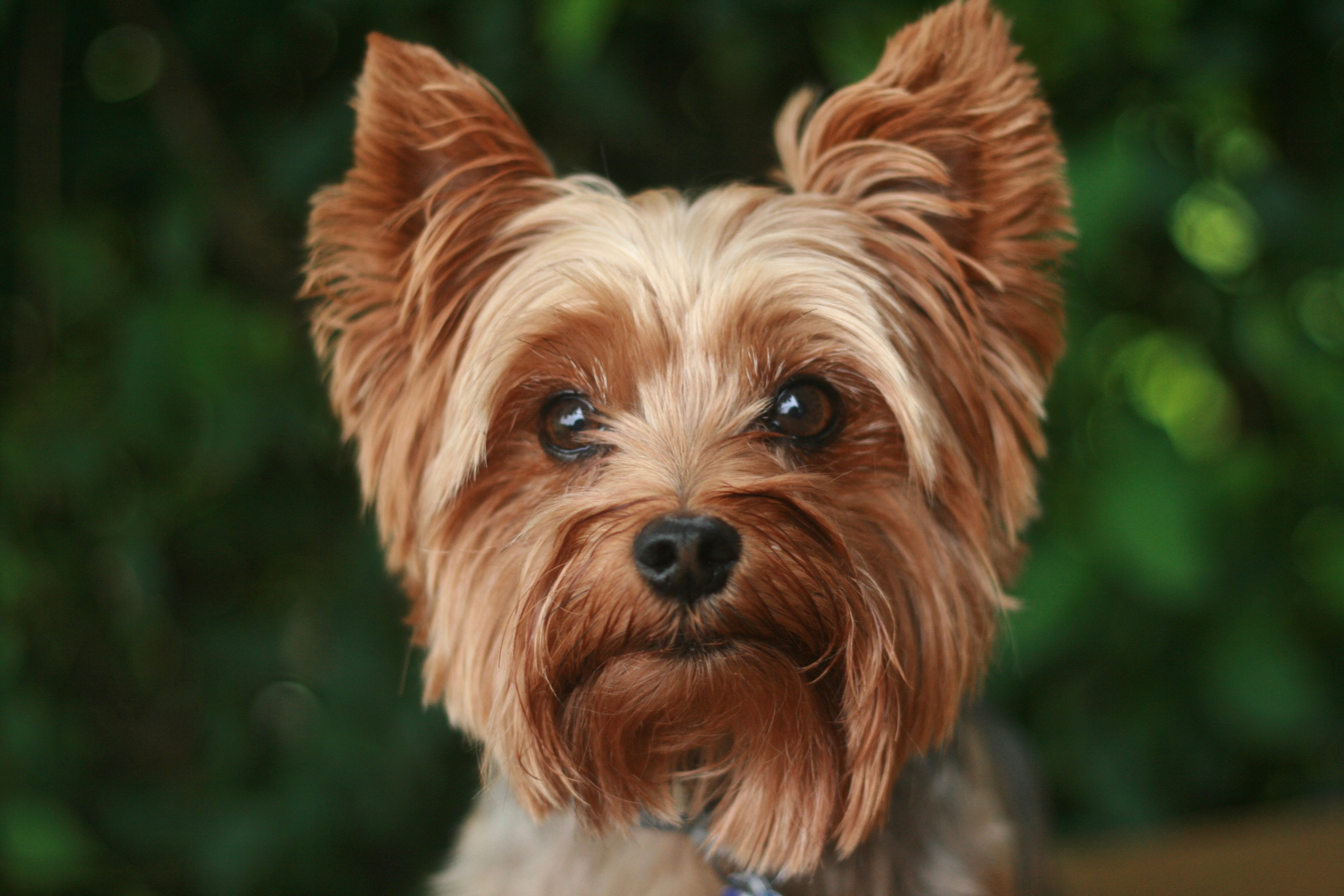
Related Dog Breeds
More Dog Resources
Are you thinking about getting a puppy? Make sure to check out our list of important questions to ask before you adopt a puppy.
We also have many resources to help, from naming your puppy to socialization resources and training tips.
Take me back to the Ultimate Guide to Dog Breeds

